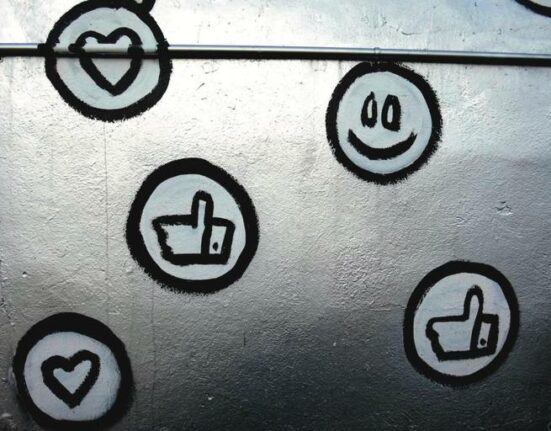SOCIAL media greatly impacts many individuals from Gen Z due to their extensive use.
Regardless of the platform, there’s always something new for them to explore.
The public sees influencers as significant figures in society, as they influence the thoughts and behaviors of numerous individuals. Influencers vary but they often cover fashion, beauty, technology, travel, and food.
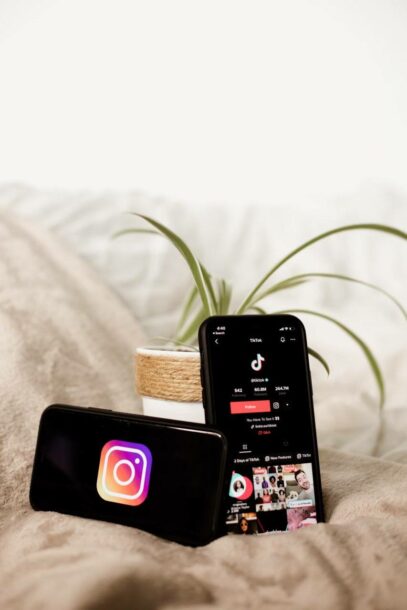
Their followers consistently value the content they create, perceiving each piece as carefully considered and impartial.
Yet, every coin has two sides. Those who follow Internet influencers sometimes lack self-discipline in adopting or consuming what these influencers endorse.
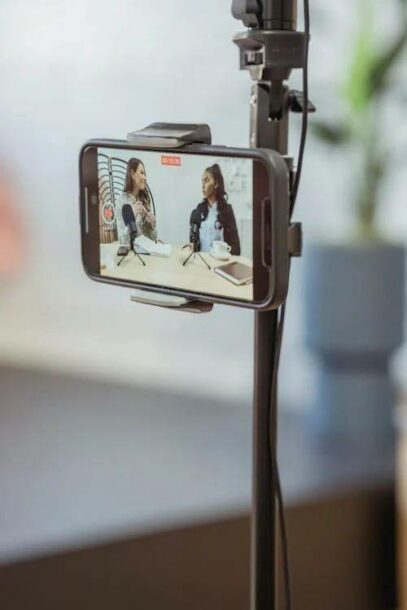
This is where the concept of “deinfluencing” becomes relevant. It doesn’t imply completely abandoning what individuals believe is beneficial or fulfilling for them.
Rather, deinfluencing encourages the public to take time to reflect before making further consumption decisions, particularly if the choice won’t significantly change their habits.
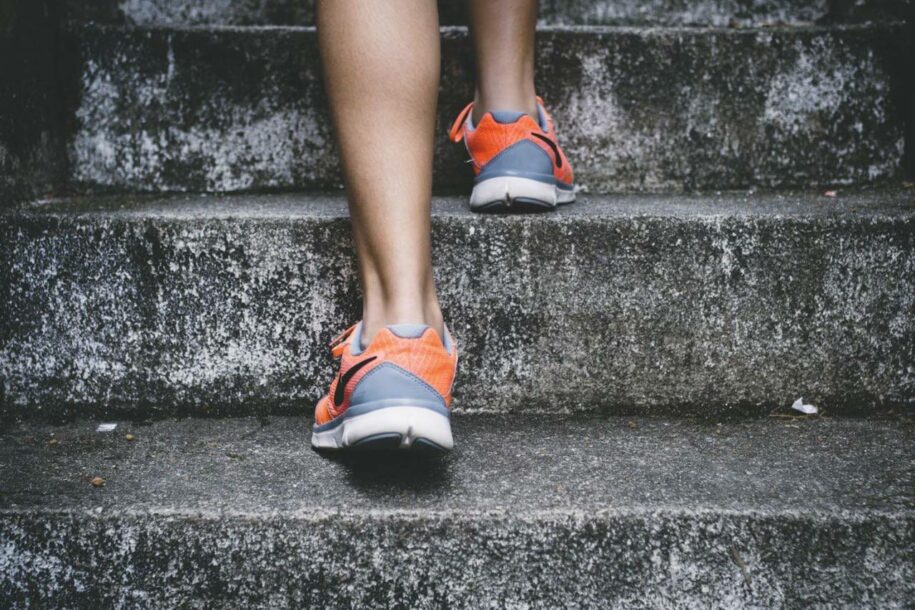
Additionally, excessive consumption often results in poor spending of money on items of little value. Moreover, overconsumption leads to a destructive lifestyle, as it involves indulging in what is more than necessary.
In essence, deinfluencers are another type of influencer, yet they warn the public about the potential outcomes of impulsively following influencers’ recommendations.
Is it time to consider deinfluencing yourself?
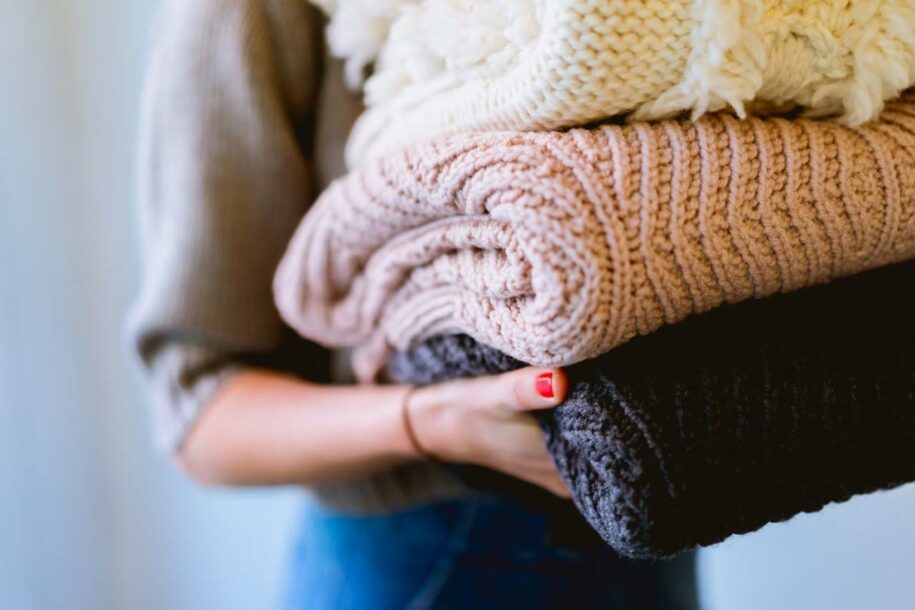
Deinfluencers advocate for individuals to de-influence themselves due to concerns such as poor spending habits, the potential harm associated with certain products, or ethical questions surrounding the brands people support.
Here are some examples of Gen Zs might consider de-influencing:
Insulated water bottles
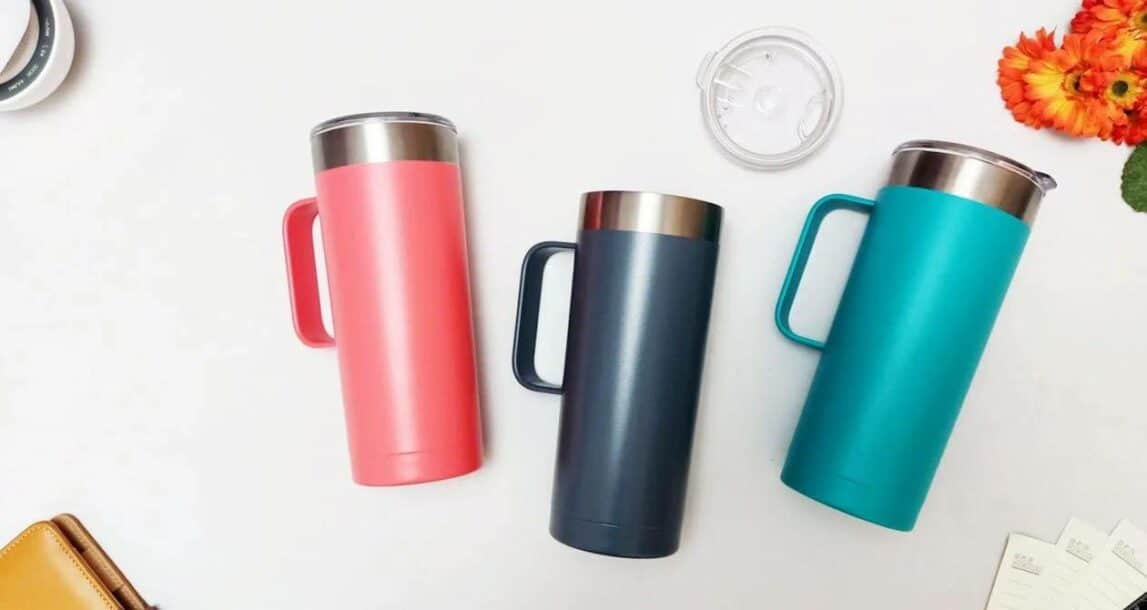
The concept of insulated water bottles is not novel in the market. Regardless of the brand, they serve the same purpose — keeping beverages hot or cold for extended periods. Branding and designs often drive significant investments in these bottles, but excessive spending on them undermines their reusable nature.
Sneakers
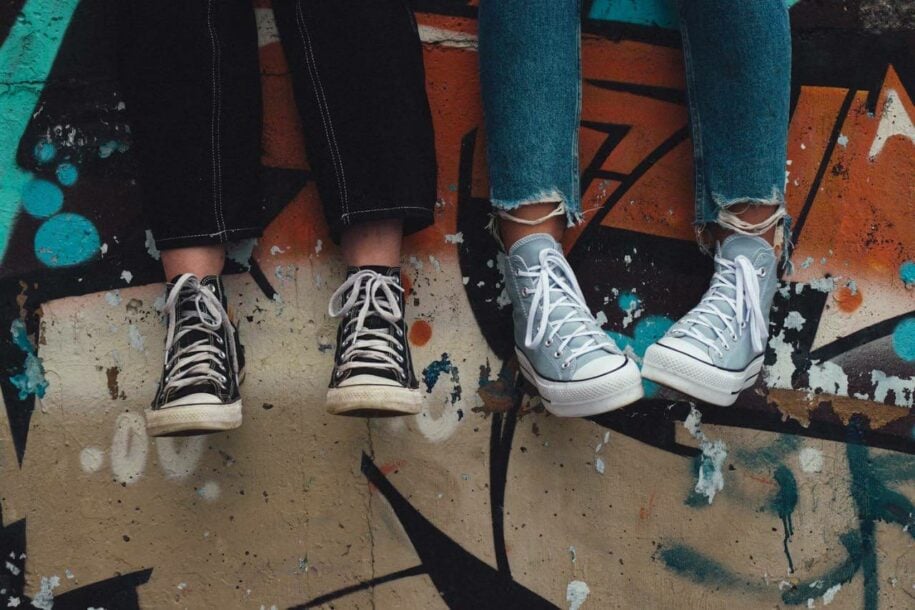
While sneakers are a practical everyday item for many, some feel pressured to constantly acquire the latest pairs, leading to poor budgeting practices. While it’s understandable to desire your ideal pair, continually chasing after the newest releases can be financially harmful.
Skincare
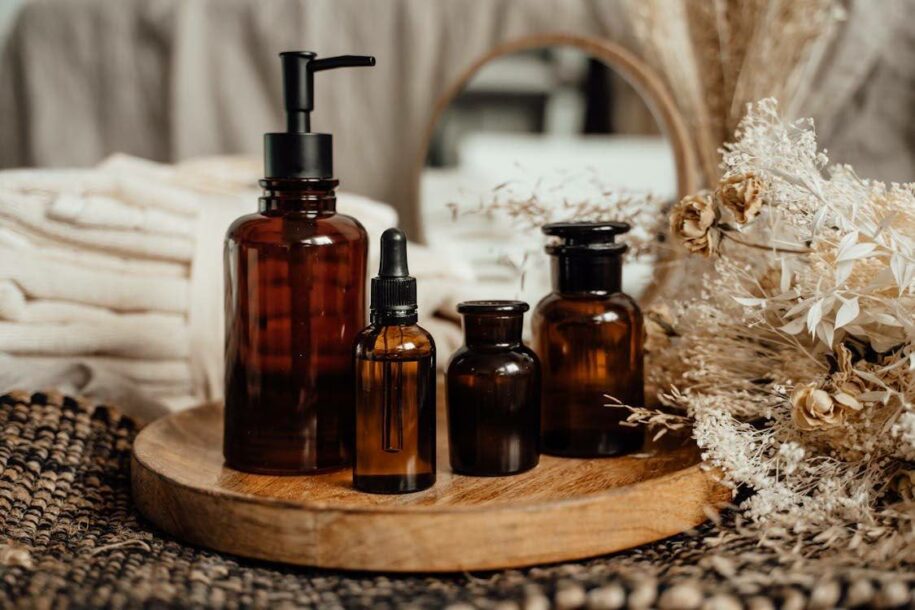
Skincare can be daunting for beginners and financially burdensome for some. While beneficial when properly researched, blindly following influencer recommendations can lead to ineffective or unsuitable products. Since everyone has different skin types and concerns, it’s crucial to understand your own skin’s needs before investing heavily in skincare products.
Bags
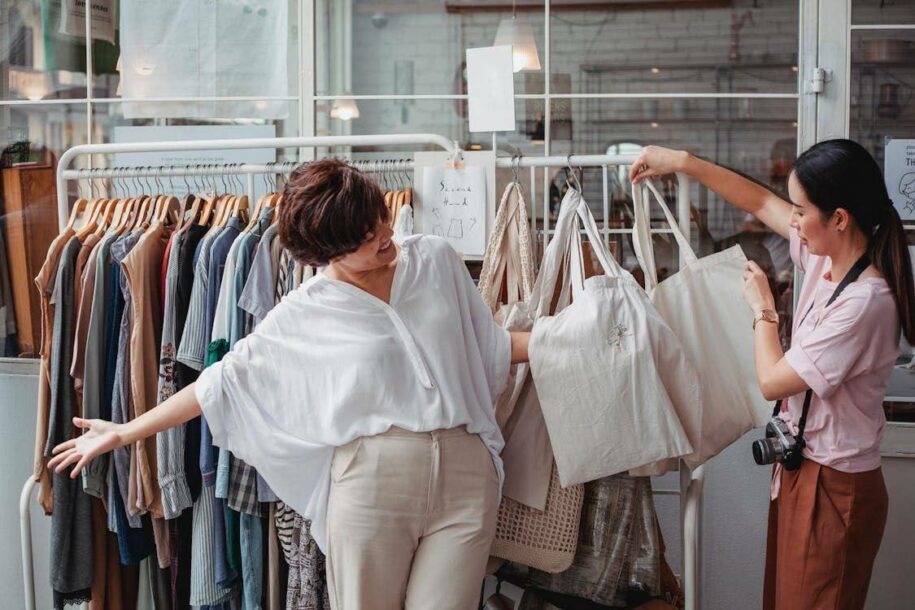
While it’s cute to have minimal yet cute bags, it’s bonus if they blend well with your OOTD! However, hoarding bags still leads to overconsumption just as any other unnecessary purchase that you make.
Gadget accessories
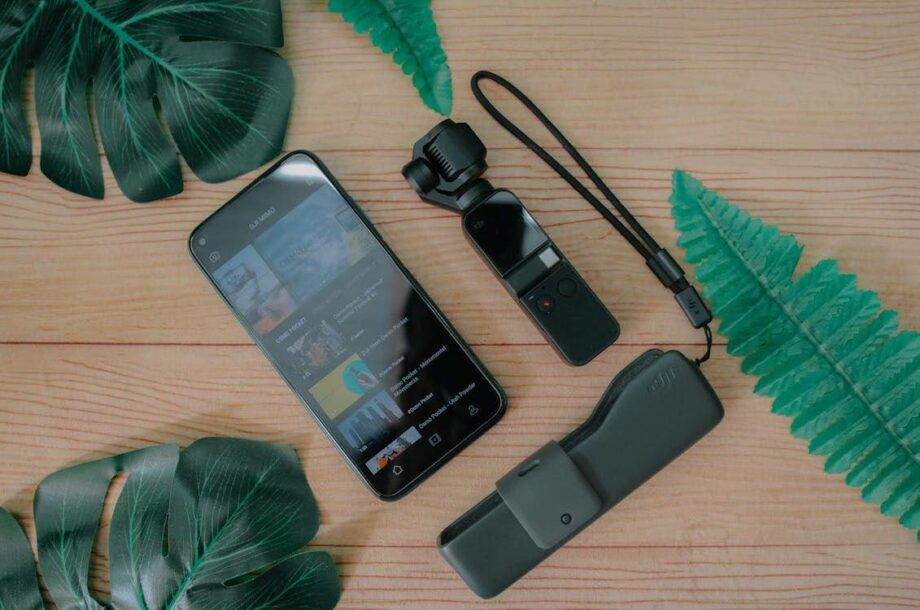
Investing so much in material things affects your spending habits and the way you perceive the purpose of these things. Also, if you purchase many accessories for a single gadget, then it will just give you the hassle of maintenance.
There are still a lot of things that we should be deinfluencing ourselves from, as ultimately, we know what suits us best.
If you’re considering deinfluencing, it’s advisable to proceed gradually to avoid feeling overwhelmed.
Ultimately, while we can’t entirely halt consumption, it’s optimal when it’s carefully considered and devoid of unnecessary complications.
With reports from Louisse A. Kalingag
How useful was this post?
Click on a star to rate it!
Average rating 0 / 5. Vote count: 0
No votes so far! Be the first to rate this post.
We are sorry that this post was not useful for you!
Let us improve this post!
Tell us how we can improve this post?


